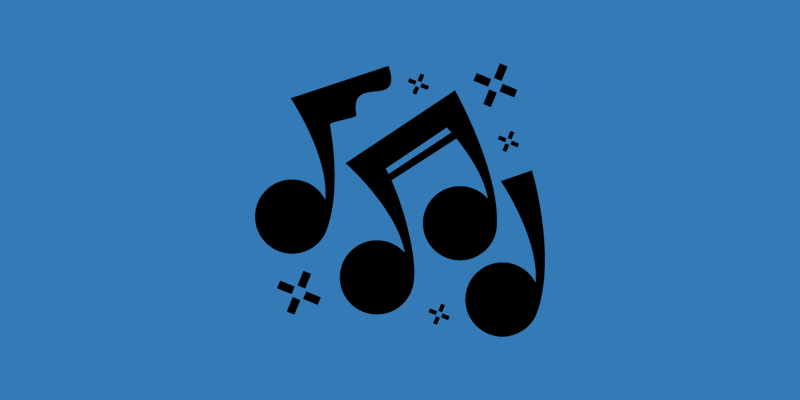Harmonizing Creativity and Technology
Music, a universal language of human expression, has been profoundly impacted by Artificial Intelligence (AI). AI in music composition is not about replacing composers but complementing their creativity with cutting-edge technology. In this article, we will discuss AI-powered music composition, its capabilities, and the ways it is reshaping the music industry.
AI as a Creative Partner in Music Composition
AI has become a creative partner for musicians and composers. It can assist in various aspects of music composition:
- Melody and Harmony Generation: Algorithms can generate melodic and harmonic patterns, providing composers with fresh musical ideas
- Style Imitation: AI can mimic the styles of famous composers or musical genres, allowing artists to experiment with different musical flavors
- Automated Accompaniment: Musicians can use AI-generated accompaniments for practice or live performances
- Exploration of Unconventional Sounds: Technology can create unique and experimental sounds that expand the boundaries of traditional music
AI-Powered Music Composition Tools
Several tools and platforms have emerged to assist musicians and composers:
- Amper Music: Amper is an AI music composition tool that allows users to create original music by specifying parameters such as style, tempo, and mood
- AIVA: AIVA is an AI composer capable of generating classical music compositions. It has even collaborated with human musicians and orchestras
- Google Magenta: Google’s Magenta project explores the possibilities of AI in music and art. It provides open-source tools and models for creative applications
- Jukedeck: Jukedeck uses AI to compose music for various purposes, from video soundtracks to commercial jingles
The Benefits of AI in Music Composition
AI offers several advantages to musicians and composers:
- Inspiration: Providing composers with a wellspring of inspiration, helping them overcome creative blocks
- Efficiency: Automating the composition process, saving time for composers
- Collaboration: Enabling musicians to collaborate with AI systems to create innovative music that merges human creativity with AI capabilities
- Accessible Music Creation: Making music composition more accessible to individuals without formal musical training
Challenges and Ethical Considerations
While AI in music composition brings exciting possibilities, it also presents challenges:
- Originality: Determining the originality of AI-generated music can be complex, as it often relies on existing data and patterns
- Copyright and Ownership: Addressing questions of copyright and ownership for AI-generated music is an evolving legal and ethical issue
- Loss of Human Touch: Some argue that AI-generated music may lack the emotional depth and personal touch of human compositions
- Bias: Algorithms can inherit biases from training data, potentially impacting the diversity of music created
The Future of AI in Music Composition
The future of AI in music composition is promising:
- Music Discovery: Algorithms can help users discover new music tailored to their preferences and moods
- Custom Soundtracks: AI-generated music may become increasingly popular for video games, films, and other multimedia projects
- Education and Learning: AI can assist music students in practicing and learning musical concepts
- Collaboration: Musicians and AI may continue to collaborate, leading to groundbreaking compositions
Using Technology to Expanding Musical Expression
AI in music composition is not about replacing human creativity but expanding the horizons of musical expression. Musicians and composers are harnessing the power of AI to explore new musical territories, find inspiration, and create innovative compositions.
As technology advances, the collaboration between human composers and systems will likely lead to the creation of music that transcends traditional boundaries. The future of music composition is harmonizing the best of human creativity with the capabilities of AI, creating a symphony of possibilities that enriches the world of music.





